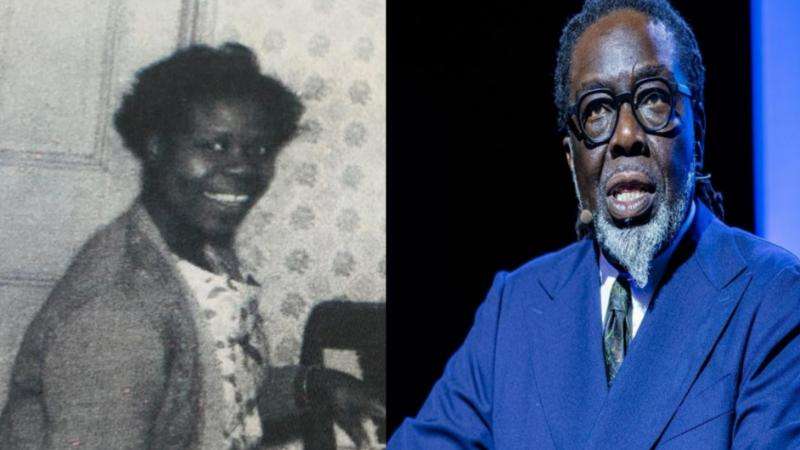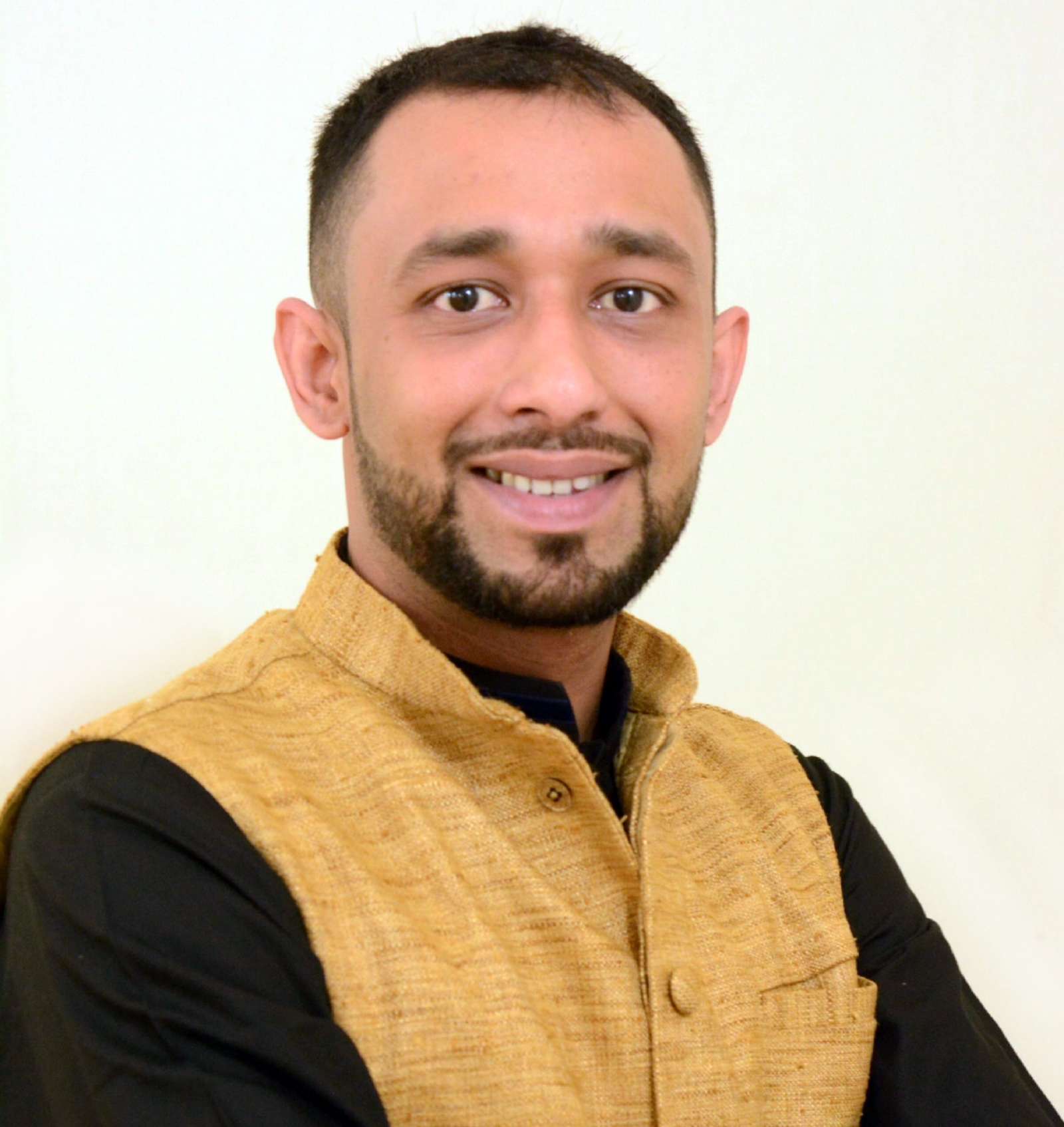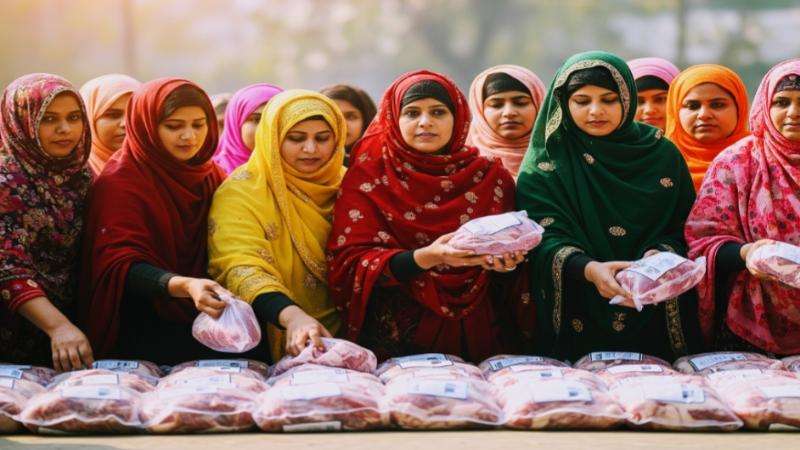A significant and evolving trend is emerging among Bangladeshi expatriates: a decreasing inclination to perform Qurbani, the ritual sacrifice of livestock during Eid al-Adha, in their homeland. While traditionally a profound act of religious devotion and a vital connection to family and community, a complex interplay of economic shifts, logistical hurdles, and evolving charitable practices appears to be redirecting these sacrificial offerings, Daily Dazzling Dawn understands.
For decades, countless Bangladeshi expatriates faithfully remitted funds to their families in Bangladesh for Qurbani, ensuring that both their relatives and local communities benefited from the distribution of meat. This practice not only fulfilled a religious obligation but also served as a powerful testament to their enduring connection and support for their ancestral villages. It also provided a substantial boost to Bangladesh's local livestock economy; in 2024, the nation saw over 10 million animals sacrificed for Qurbani, with remittances often playing a crucial role in facilitating these purchases.
However, recent observations by community leaders and market observers suggest a noticeable shift, indicating a decline in Qurbani performed on behalf of expats in Bangladesh.
Driving Factors Behind the Shift
Several interconnected reasons contribute to this changing landscape. Logistical challenges play a significant role. Arranging Qurbani from abroad can be a complex undertaking, involving trusting intermediaries to purchase the animal, ensuring proper slaughter according to Islamic rites, and then overseeing meat distribution. While online platforms have emerged to simplify this process, concerns about transparency, animal welfare, and timely delivery can persist, leading many to find it simpler to donate to reputable charities.
The ease of international charitable donations has also profoundly impacted this trend. International Islamic charities and aid organizations have streamlined the process for expats to fulfill their Qurbani obligations by donating funds. These organizations often conduct Qurbani in regions with greater need or where costs are lower, distributing the meat to vulnerable communities globally. This offers a convenient and often perceived as more impactful way for expats to contribute to those in need.
Furthermore, changing socio-economic priorities among some expats mean their charitable focus may have evolved. They might now be more inclined to contribute to causes like education, healthcare, or disaster relief in Bangladesh, viewing these as equally, if not more, impactful ways to support their homeland.
The growth of local Qurbani options in host countries is another key driver. As Bangladeshi communities have grown and become more established in their adopted nations, local arrangements for Qurbani have matured. Many expat communities now have access to convenient and trusted services for performing Qurbani locally, allowing them to participate directly in the sacrifice and distribution.
Finally, the economic conditions in host countries can influence expat spending. If expatriates face financial pressures or uncertainty in their current residences, they might prioritize local expenses over sending money for Qurbani back home.
Community Voices on the Shift
In London, UK, a significant shift is underway among Bangladeshi expatriates. While traditionally an almost exclusive practice, the past decade and a half has seen the emergence of convenient Qurbani options in countries like the UK, Europe, and America, leading many settled expat families to perform the sacrifice in their adopted countries.
However, some Islamic scholars express reservations about performing Qurbani abroad, particularly concerning the distribution of meat to the needy. They suggest that performing Qurbani in foreign lands can raise questions about ensuring the designated share reaches impoverished communities.
A considerable portion of Qurbani funds from second and third-generation expatriates is now being channeled through various charity organizations. To avoid logistical hassles, many are directly depositing money into the bank accounts of these charities, entrusting them with the responsibility of performing the Qurbani.
Mahbubur Rahman Shiblu, a prominent cultural figure in the UK's Bangladeshi community and a money transfer entrepreneur, believes there's a lack of effective engagement with Bangladeshi expats to encourage Qurbani in Bangladesh. "Many people in Bangladesh eagerly await Qurbani for a full meal of meat, often their only chance for meat all year," says Shiblu. He points out that community TV channels in Britain, including Bangladeshi ones, and many charities are prioritizing promoting Qurbani in African countries like Somalia and Ethiopia over Bangladesh. "As a result, the rate of Qurbani in Bangladesh, especially among second and third-generation expats, is rapidly decreasing. Our own countrymen and people in our ancestral areas are being deprived. We all share the responsibility for this failure."
Abdul Mumin Chowdhury, a Bangladeshi expat in Michigan, USA, stresses the importance of considering the rights of relatives and people in one's own village and area in Bangladesh, rather than solely relying on charities.
Journalist Mahbubul Karim Suyed told to Daily Dazzling Dawn, For over a hundred years, expatriates have been performing Qurbani in the country. This is especially a prevalent custom in the Sylhet region. Now, behind the decreasing trend of Qurbani in the country, there are other reasons beyond the easy availability of international charitable donations. Most Bangladeshi media outlets abroad promote these charitable organizations day and night, hoping to get good advertising rates from them. This trend has deeply influenced the new generation. International Islamic charities and aid organizations have made it easier for expatriates to fulfill their Qurbani obligations by donating funds.
Furthermore, changing socio-economic priorities among some expatriates are also a major reason for performing Qurbani in countries other than Bangladesh.
Mufti Tajul Islam, Khatib of Darus Sunnah Academy and Mosque in Birmingham, UK, echoes this sentiment, noting the decreasing tendency among second and third-generation Bangladeshis to perform Qurbani in Bangladesh. He observes that a large segment of the new generation of Bangladeshi expats are performing Qurbani in various countries around the world through charitable organizations. While acknowledging that there's no religious impediment to performing Qurbani through a charity, Mufti Islam highlights a crucial distinction: "There's a difference between performing Qurbani and performing it with your own hands. If it's only done through charities, the new generation won't grasp the true significance of Qurbani." He emphasizes the rights of one's own family, village, and local community in Bangladesh. "Previously, expats performed Qurbani in Bangladesh because there were no easy arrangements in the UK. Now that opportunities exist here, performing some Qurbani locally also provides an opportunity to educate children about the meaning and importance of Qurbani."
Impact and Outlook
This evolving trend has significant implications for Bangladesh's rural economy, particularly for livestock farmers who rely heavily on Qurbani sales. While remittances for general family support remain robust, a decrease in Qurbani-specific remittances could lead to a localized reduction in demand.
However, this shift also underscores a broader evolution in how religious obligations are fulfilled in an increasingly globalized world. The convenience and broader reach of international charitable organizations are becoming increasingly appealing to a generation of expats who seek efficient and impactful ways to contribute to humanitarian causes, including Qurbani. The challenge for Bangladesh's traditional Qurbani economy will be to adapt to these changing dynamics, perhaps through enhanced online services, greater transparency, and competitive pricing, to continue attracting a share of the expat Qurbani market.








.svg)

_1.jpg)
_1.jpg)